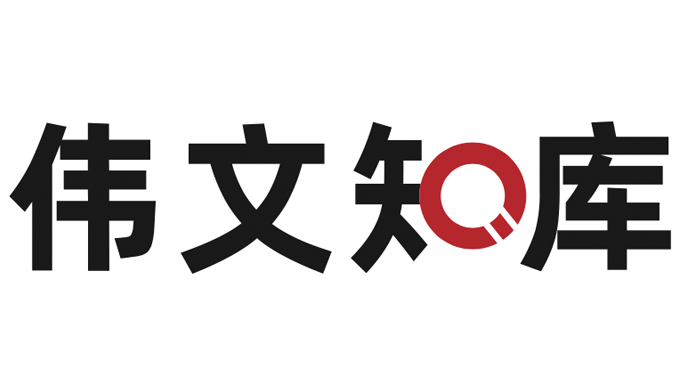Invocation of Presumptions and Burden of Proof in Patent Disputes over Manufacturing Processes
摘要
Allocation of burden of proof is an area of great concern in a process patent infringement dispute. In practice, the accused infringing process is usually strictly controlled by the accused infringer and hard to approach, which poses great challenges for a patentee of a process patent to produce evidence and enforce its legitimate right. Fortunately, a patentee of a process patent for manufacturing a new product doesn’t have to bother with producing evidence showing the defendant’s infringement, as the Patent Law and the Rules of Evidences in Civil Procedures both set forth that the accused infringer shall furnish proof to show that the process used in the manufacturing of its products is different from the patented process as long as the patentee can prove that the process patent directs to a new product and that the accused infringer have made identical products. However, a patentee holding a process patent for manufacturing a known (not new) product will not be so lucky. In his case, the patentee has to struggle with collecting evidence with respect to the defendant’s process, as no law or interpretation has specified the allocation of burden of proof in such circumstances so the general principle that “He who alleges shall bear the burden of proof” will be followed.TRIPS agreement provides a bypass for the patentee under the above situation by stipulating a presumption to be invoked and a reverse of burden of proof in certain circumstances. This article will provide a brief introduction to the invocation of the presumptions in patent infringement disputes over manufacturing process of a known product explored in the judicial trial in China.
正文
备注
本文献PDF共计8页,免费分享。



